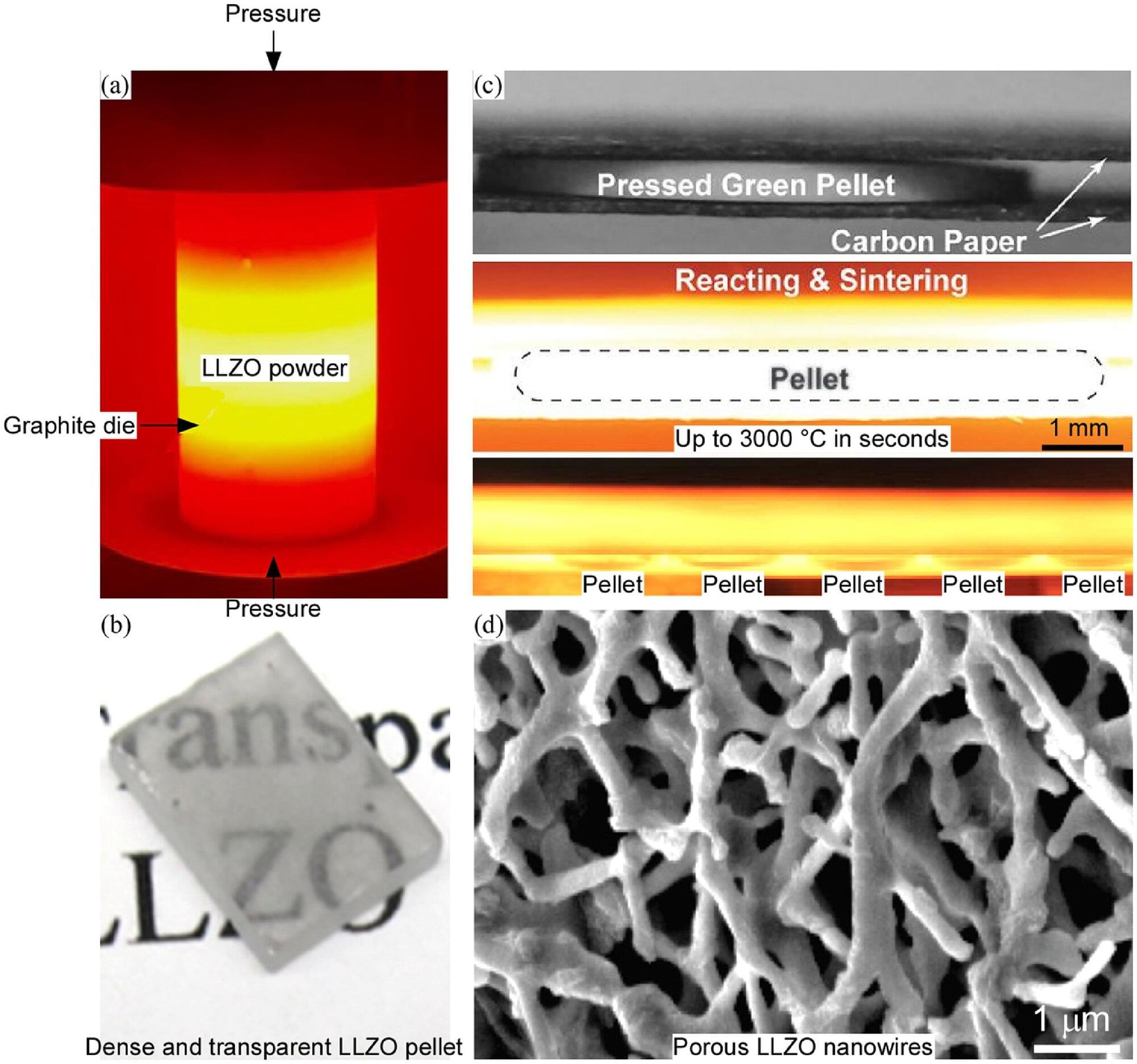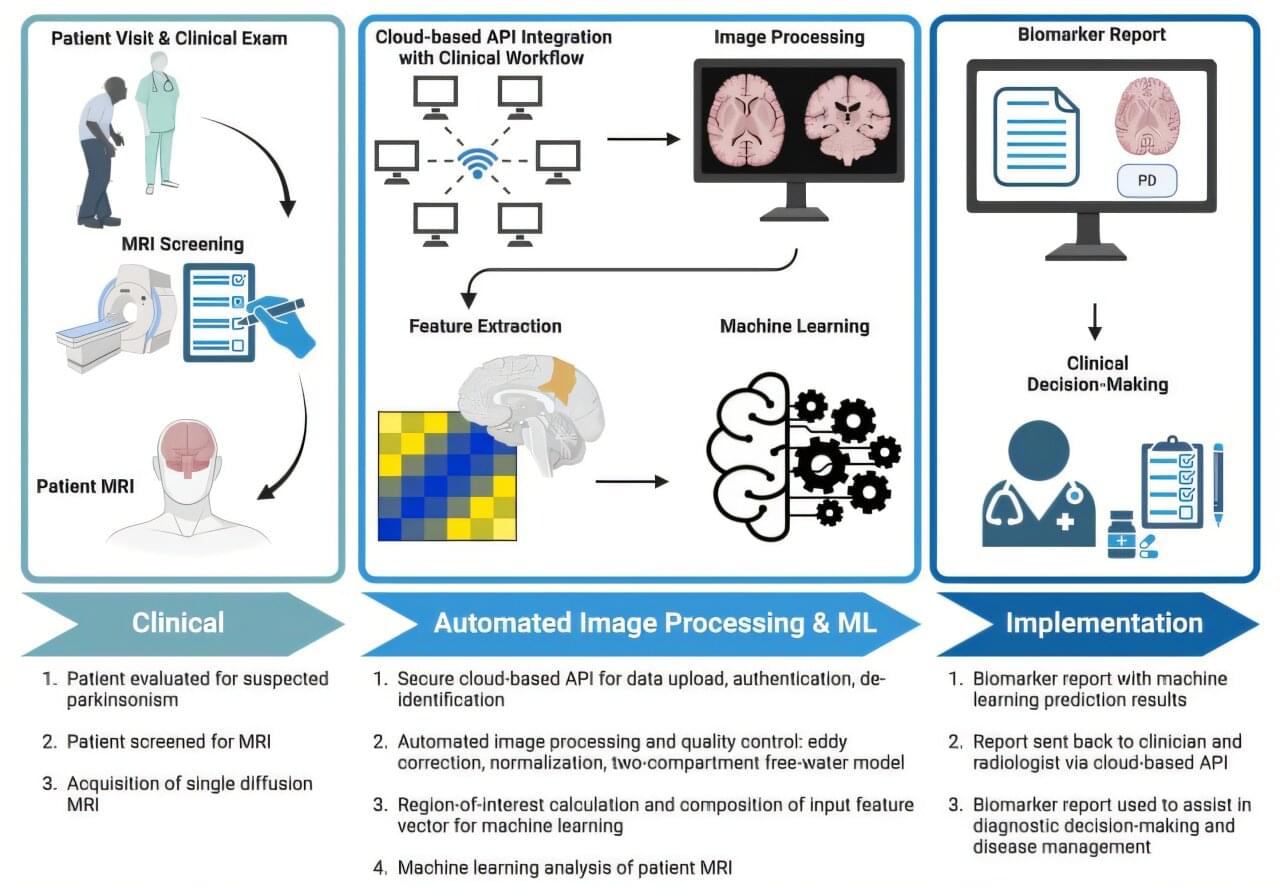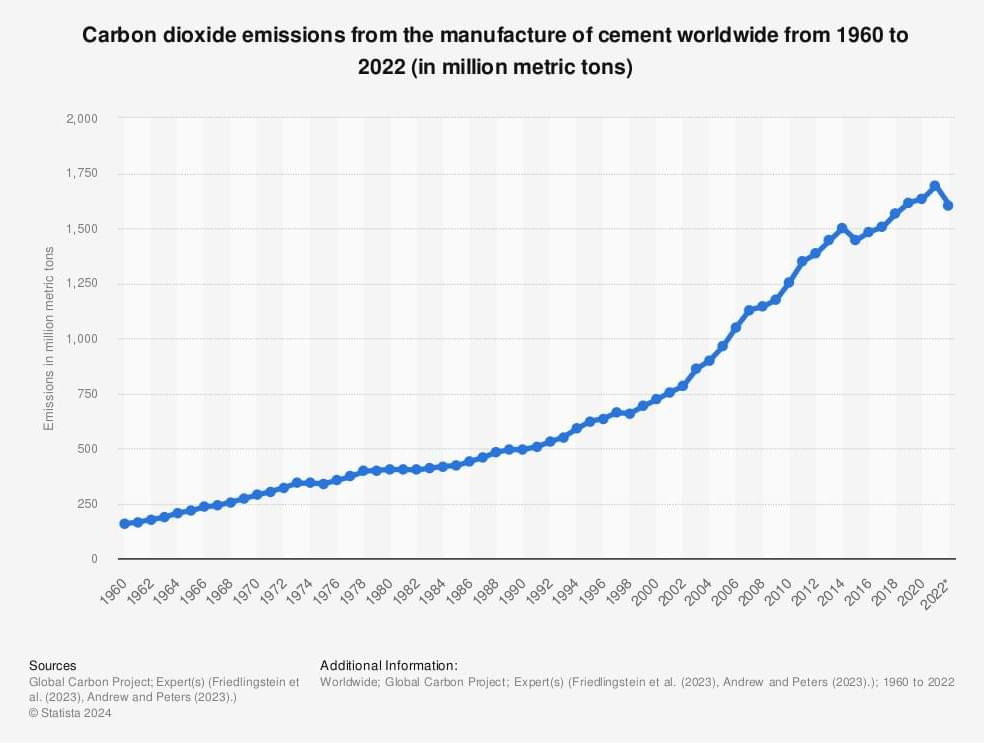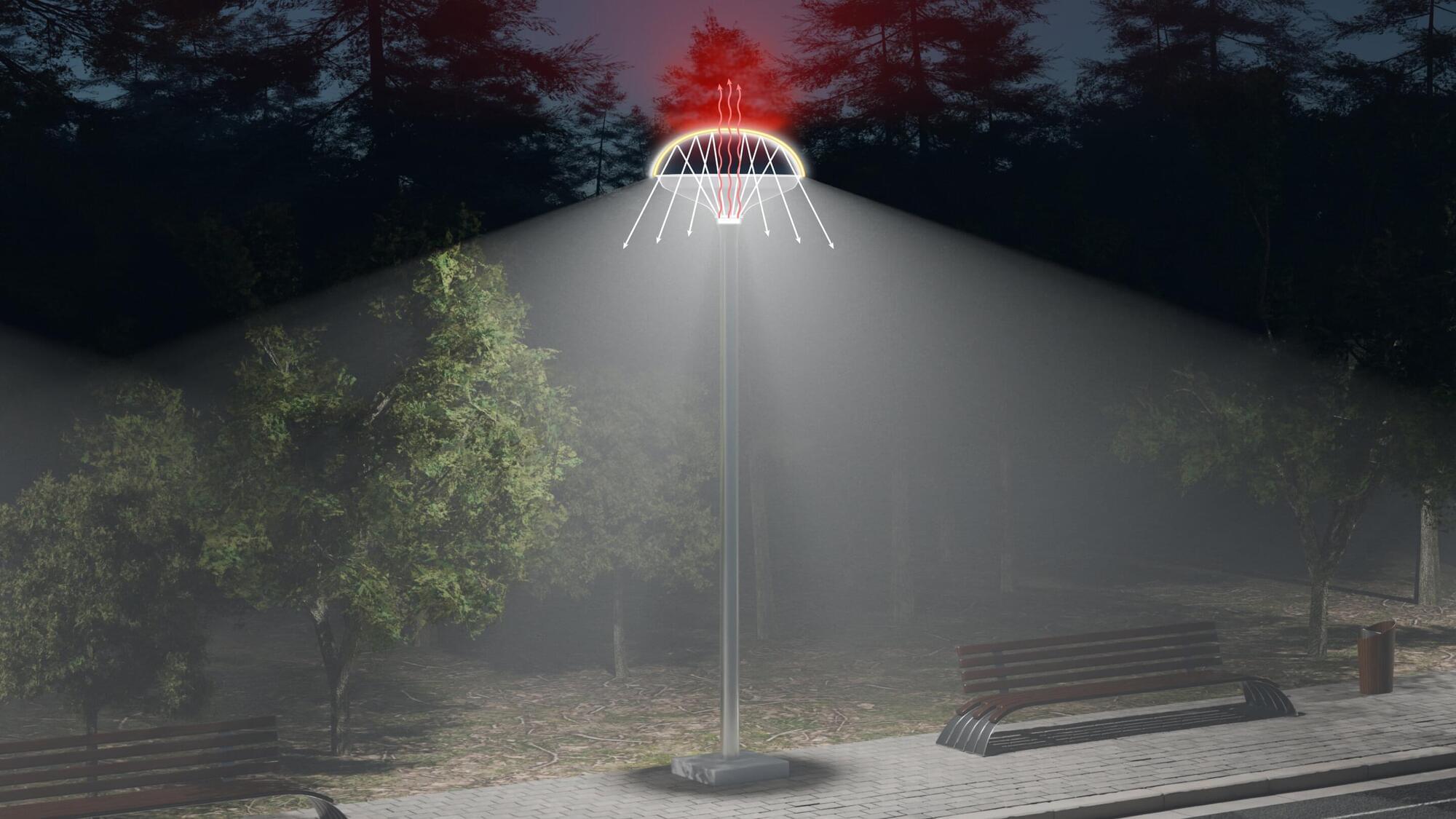John Archibald Wheeler was one of the most daring thinkers in twentieth-century physics, famed for his deep insights into quantum mechanics, general relativity, and the nature of information. In his classic essay on “It from Bit,” Wheeler proposed that at the heart of reality lies a fundamentally informational thread. This means that rather than starting with “things” — material objects with an independent existence — one might instead begin with “bits,” the discrete units of information that become “real” only when observed. Within this sweeping vision, the observer plays a crucial role in bringing the universe into a definite existence, and information takes center stage in shaping the very character of physical phenomena.
In broad strokes, Wheeler’s idea of “It from Bit” emerges from the curious interplay between the quantum world and classical objects. At the core of quantum mechanics is the principle that measuring or observing something at the microscopic scale affects its state. According to the standard interpretation, a system in a so-called superposition will “collapse” into a particular outcome when measured. Wheeler’s bold claim was that this phenomenon illuminates a more general fact: that information, not matter, might be the building block of reality. Thus, any physical “it” — an electron, a planet, or even the entire cosmos — ultimately grows from answers to yes/no questions (bits), shaped by acts of measurement. Put more simply, Wheeler wanted us to see the world as not built out of little billiard-ball-like atoms existing in some absolute manner, but out of meaningful acts of observation that yield discrete bits of data.
Behind this elegant concept lies a deep philosophical backdrop. Wheeler urged us to ponder how the universe came to be what it is, and why. If we trace everything back to an early cosmos, we arrive at a place where only quantum possibilities existed — no fixed table of facts and objects. Gradually, so his argument goes, as the universe evolved and observers emerged, questions got asked, measurements were made, bits of information accumulated, and reality “crystallized.” This leap from quantum weirdness to classical solidity thus becomes a grand puzzle about information. Rather than letting classical physics occupy center stage from the beginning, Wheeler reversed the script: quantum possibilities plus acts of observation define and generate the classical world we experience. In this sense, the cosmic stage is incomplete without the audience, and reality only stabilizes by virtue of these repeated question-and-answer interactions.









